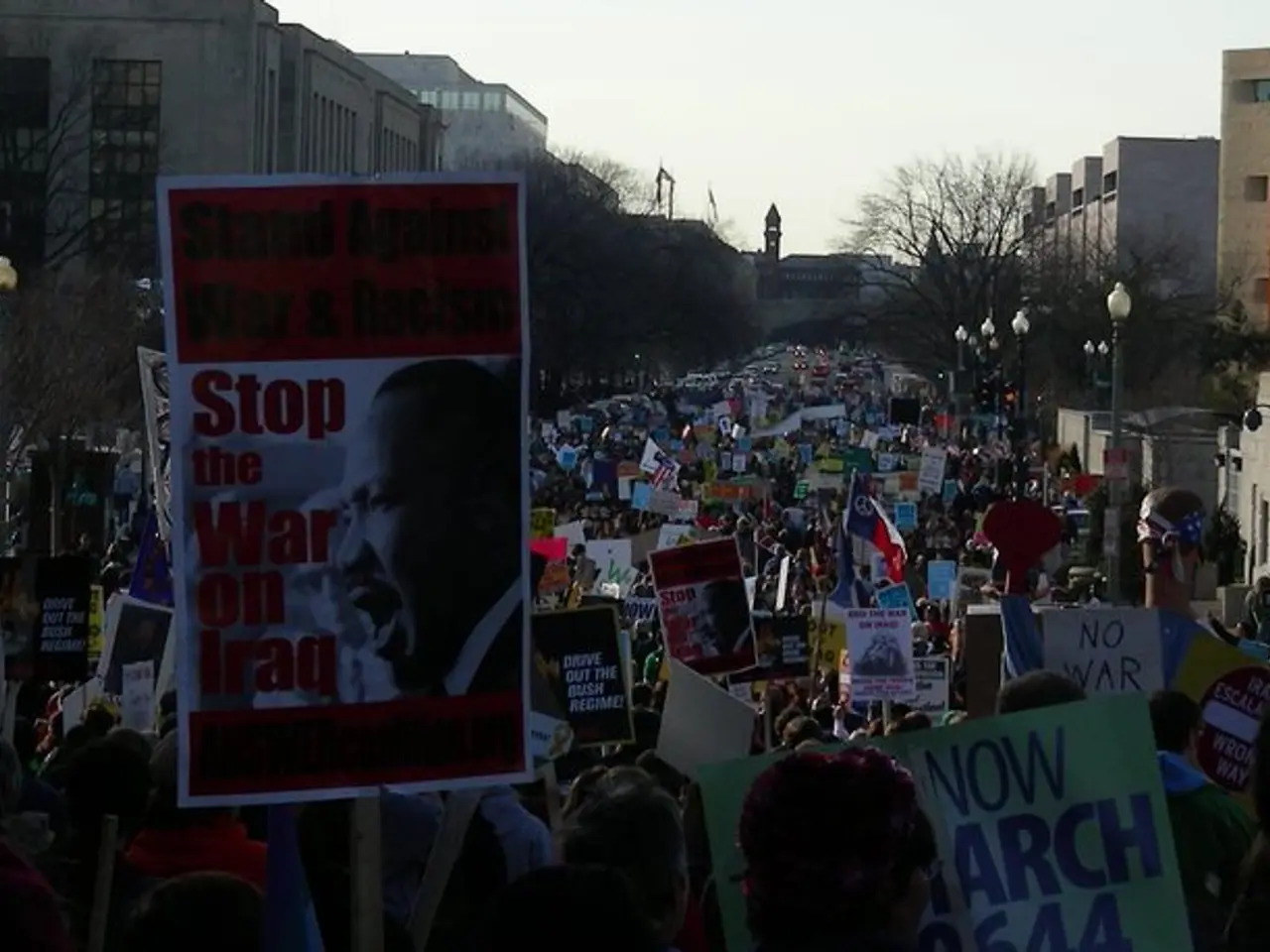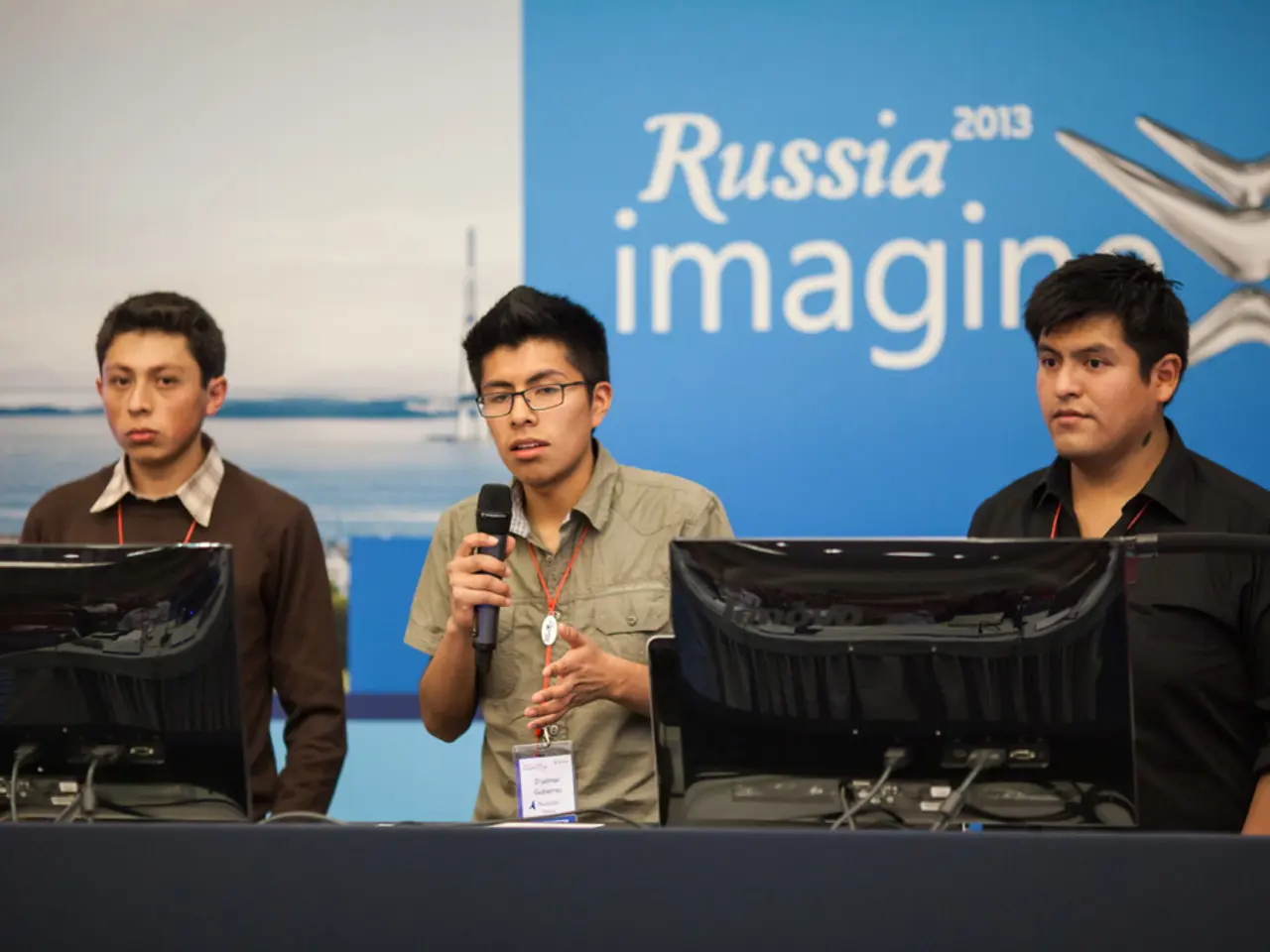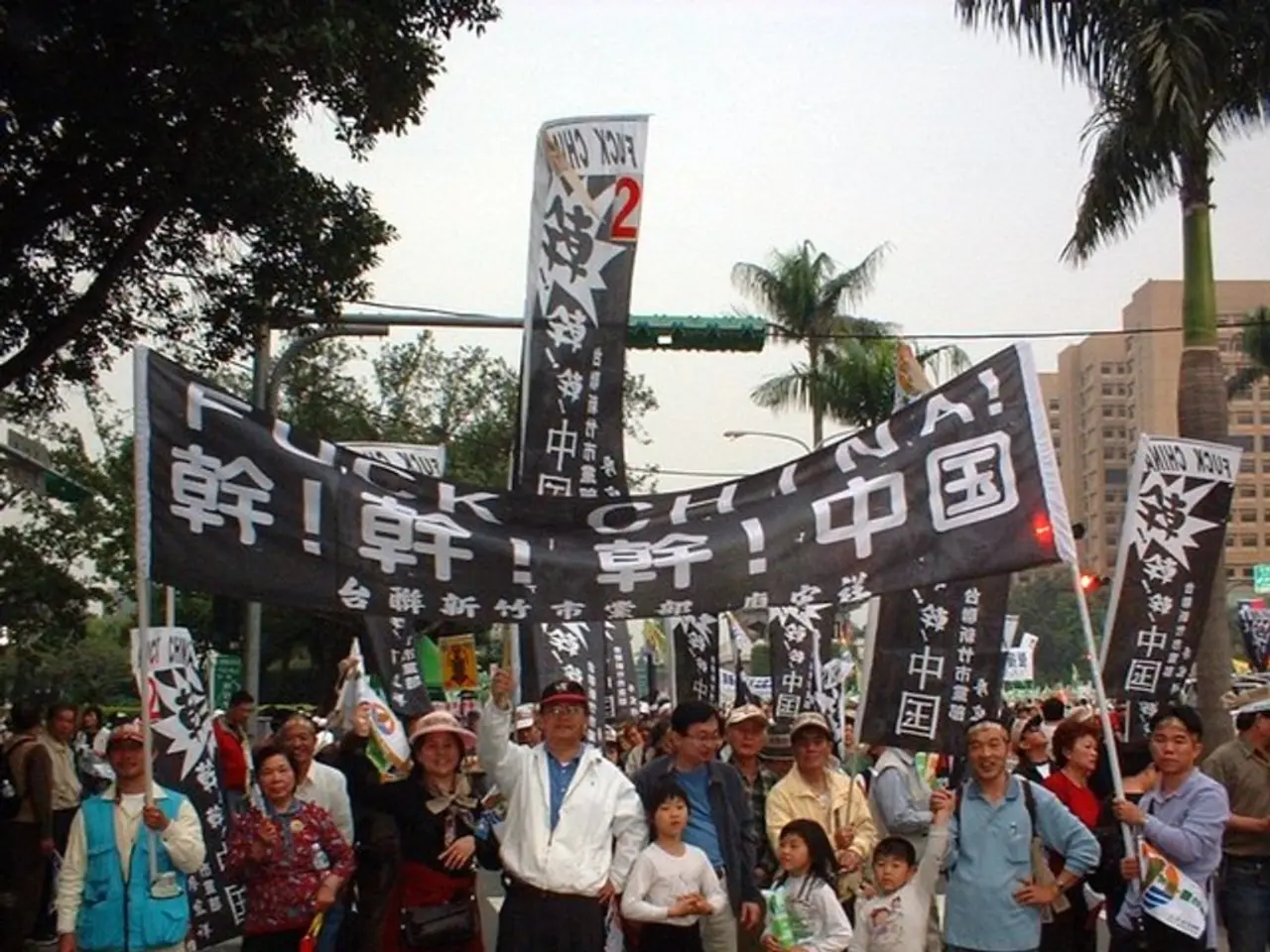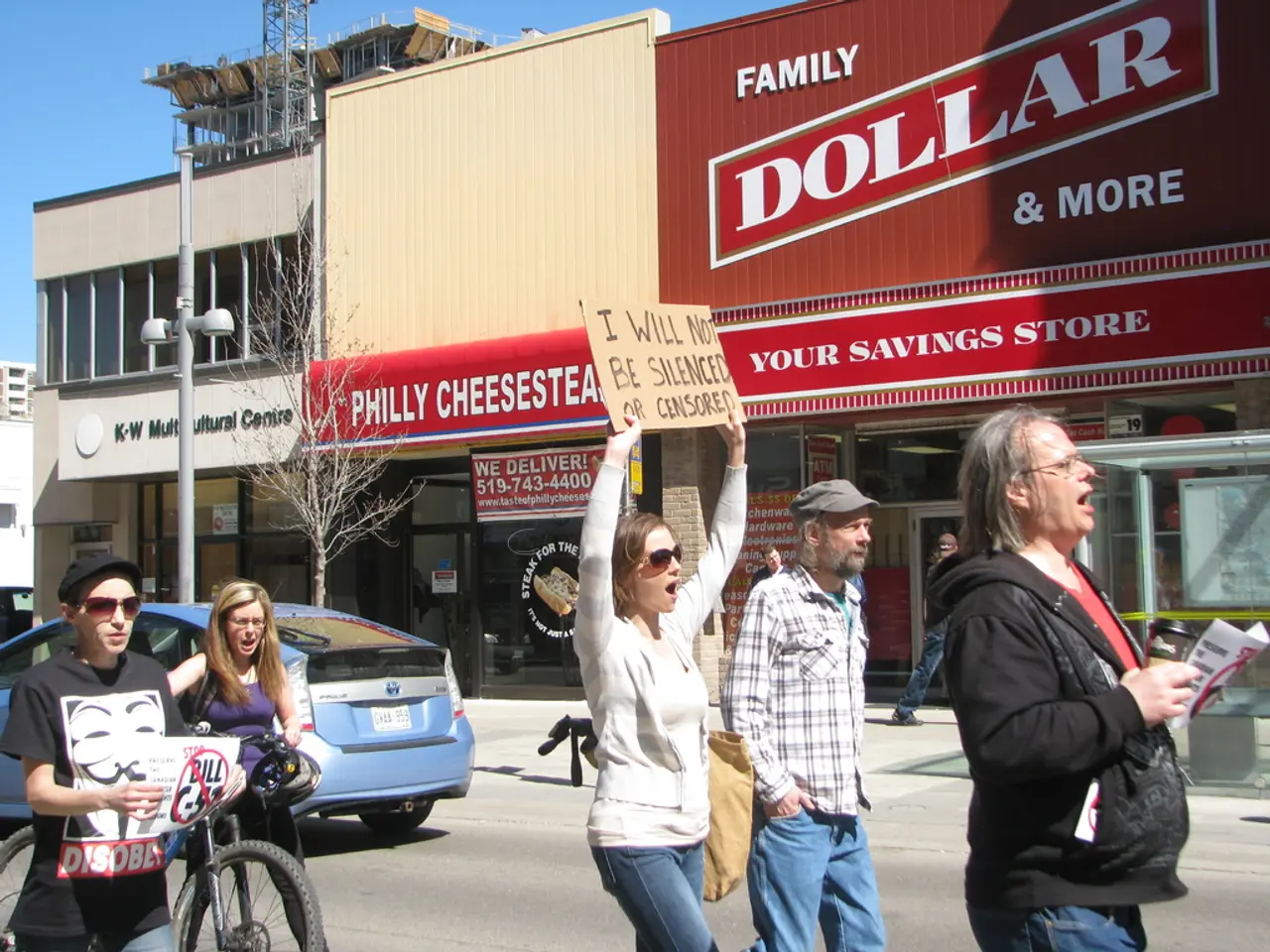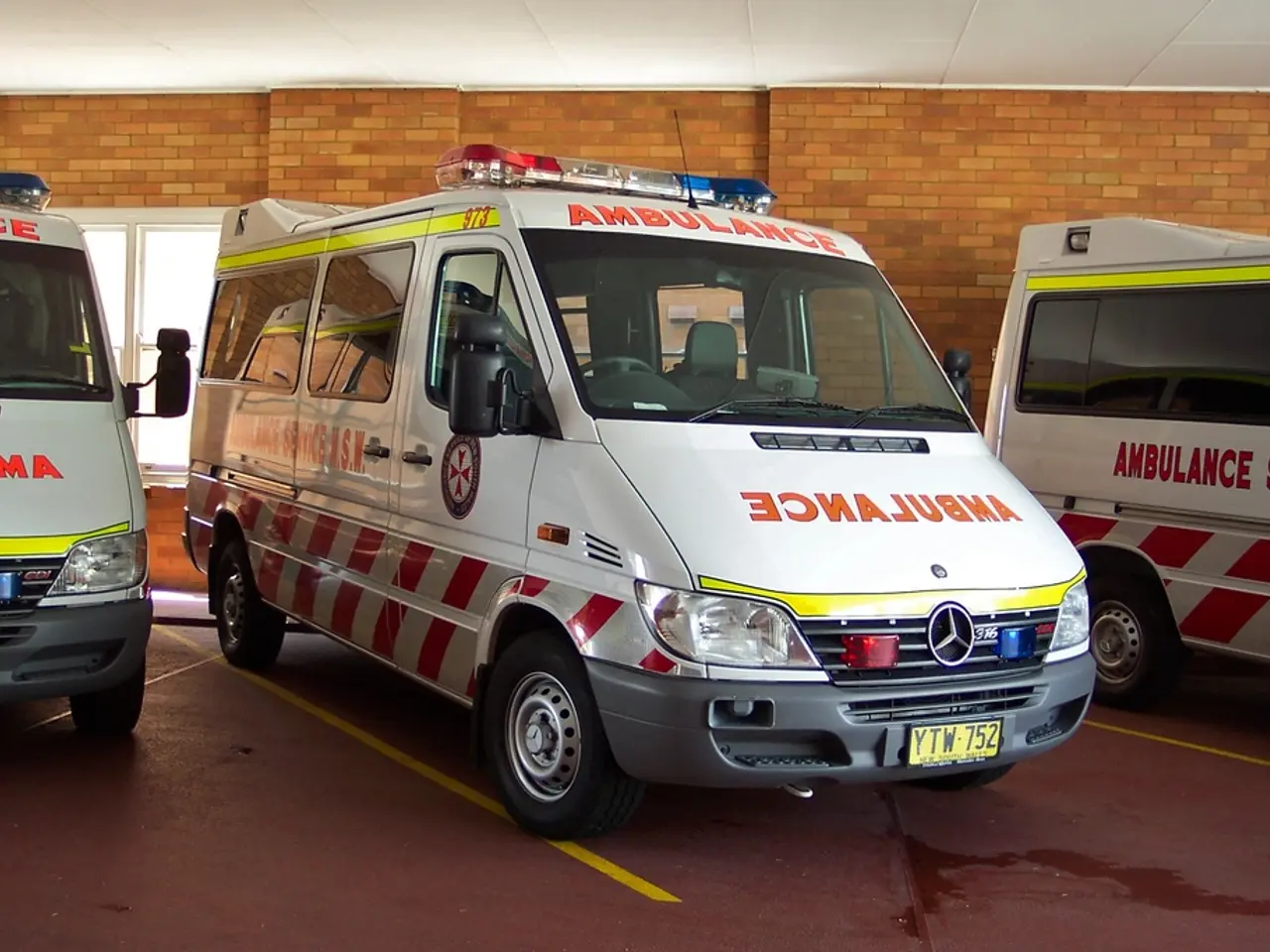In the face of social injustice and political unrest, many individuals choose to stand up and make their voices heard through protest. But what makes a protest movement successful? A recent study by the Social Change Lab has identified key factors that contribute to the success of protest movements.
Resource Mobilization
Success depends greatly on the ability to gather and deploy resources such as money, media access, labor, knowledge, solidarity, and support from influential allies. Movements with well-organized networks and resources are better positioned to convert grievances into political pressure.
Legitimacy and Institutionalization
Social movements achieve success when their values are legitimized by society or government, sometimes by becoming official political authorities or having their ideas adopted into mainstream institutions. Institutionalization can transform movements into formal organizations maintaining new social norms.
Leadership and Strategy
Early charismatic leadership often influences initial momentum. The strategic choice of tactics—nonviolent vs. violent, radical vs. moderate—and the ability to adapt these tactics over time are critical to sustaining the movement and gaining wider support. Remaining peaceful and building broad coalitions across political spectrums improves overall effectiveness.
Social and Psychological Conditions
Movements tend to arise when there is some combined strain or conflict in societal norms, values, or structures that create discontent and when there is at least some hope or partial relief inspiring collective action. Cultural belief systems that support agency and change facilitate movement emergence and success.
Political Opportunity Structures
The movement’s success is influenced by the external political environment and how it can exploit openings or shifts that favor mobilization and pressure for change, adapting strategies accordingly.
Nonviolence and Broad Support
Peaceful protest and engaging a wide, inclusive base across political divisions create stronger pressure for policy change and advances movement goals.
Disruptive Protest Tactics
Research has examined whether disruptive protest tactics are ultimately helpful or harmful for advancing progress on critical social issues. While they can lead to greater levels of media attention and higher levels of active support for the groups carrying them out, it's important to consider the potential risks and consequences.
Resources for Activists
For those looking to start a campaign or improve their campaign strategy, a list of resources is available. The Commons Library provides resources about social change skills such as Nonviolent Direct Action, Community Organizing, Digital Campaigning, Coalition Building, Working in Groups, Wellbeing, etc. Additionally, tools, skills, and resources are available from 350.org to build capacity to run effective campaigns and movements to tackle the climate crisis.
Safety and Security
A community safety toolkit provides security and safety practices, verbal de-escalation, office and organizational safety, and security for events and actions. A checklist for affinity groups is available, focusing on looking out for each other and oneself when participating in a blockade or protest. An example of a risk assessment template by Friends of the Earth UK is available. Tips and resources are available for marshals at protests and rallies, including de-escalation techniques, crowd coordination, and safety strategies.
Documenting and Amplifying Movements
Resources for documenting and amplifying police brutality, such as during the Black Lives Matter movement, are available. A guide on how to archive a protest, including a checklist and tips, is available. Ideas for activists to archive their movements and moments, including archivist activist backpacks, hackathons, and collaborations, are available.
Organizing Protests
An article from The Activist Handbook explains step by step how to organize a protest to draw attention to one's cause. Tips and checklists are available for planning and running accessible protests and other actions. A guide about how to de-escalate tensions at a protest is available.
Media and Communication
A media checklist is available to help prepare for traditional and social media in the lead-up to an action, including considerations for non-violent direct actions. A template and tips are shared for making signs that get noticed. A TED talk by Erica Chenoweth on the success of nonviolent civil resistance is available. Communication and media resources are available to help clarify communication channels and develop compelling framing and messages.
Nonviolent Direct Action
Resources on nonviolent direct action are available. Gene Sharp defined 198 Methods of Nonviolent Action. A practical handbook called the "Backfire Manual: Tactics Against Injustice" provides a model for activists to be more effective when facing injustice and powerful, dangerous opponents.
Inspiration and Learning from Successful Movements
Inspiring activist and protest speeches are available to watch. A report and webinar on civil resistance tactics in the 21st century is available. Direct action campaigners can learn from the experiences of two Australian groups, Blockade Australia and Disrupt Burrup Hub, on how to use mainstream media and social media effectively.
Resisting Authoritarianism
Resources on resisting authoritarianism are available. The quote "I am no longer accepting the things I cannot change. I am changing the things I cannot accept." is attributed to Angela Davis. A guide explains what activists can do to fight a coup.
Campaigning for Social Change
Campaigning for social change is essential beyond just protesting for it. A guide explains how to mobilize people for a movement. A recent study has verified an increase in the size and frequency of protests worldwide. The practicalities and possibilities of using holograms to challenge and subvert anti-protest laws are explored in a case study from Spain.
In sum, the success of protest movements is not solely about grievances but depends on strategic resource mobilization, leadership, legitimacy, cultural conditions, and political context.
- Effective protest movements often rely on the ability to gather and deploy resources such as money, media access, labor, knowledge, solidarity, and support from influential allies.
- Social movements can achieve success when their values are legitimized by society or government, becoming official political authorities or having their ideas adopted into mainstream institutions.
- Early charismatic leaders often influence the initial momentum of a protest movement, and the strategic choice of tactics—nonviolent versus violent, radical versus moderate—is crucial to sustaining the movement and gaining wider support.
- Movements tend to arise when societal norms, values, or structures create discontent, but at least some hope or partial relief is required to inspire collective action.
- The success of a movement is influenced by the external political environment and how it can exploit openings or shifts that favor mobilization and pressure for change.
- Peaceful protest and a wide, inclusive base across political divisions can create stronger pressure for policy change and advance movement goals.
- Disruptive protest tactics can lead to greater media attention and higher levels of active support, but considering the potential risks and consequences is essential.
- Community safety toolkits provide security and safety practices, verbal de-escalation, office and organizational safety, and security for events and actions, especially during protests and blockades.
